Description
Zidovudine, widely recognized in the medical community, is a prominent member of the nucleoside reverse transcriptase inhibitors (NRTIs) family. These inhibitors play an indispensable role in the world of antiretroviral therapy. What makes NRTIs, and particularly Zidovudine, so effective is their strategic targeting and interference with a key process the HIV relies upon: the replication of its genetic material.
Every living organism, including viruses, needs to replicate its genetic code to multiply and sustain its population. In the case of HIV, this replication is facilitated by an enzyme known as reverse transcriptase. Zidovudine’s genius lies in its unique molecular architecture. It closely resembles the natural building blocks that the virus uses to replicate its DNA. However, when Zidovudine gets incorporated into this process, it acts as a proverbial wrench in the machinery, causing premature termination of the DNA chain. This stops the replication in its tracks.
By halting the virus’s ability to reproduce, Zidovudine doesn’t just slow down the disease’s progression—it offers the infected individual’s immune system a chance to recuperate and strengthen. An invigorated immune system can better fend off opportunistic infections and other complications often associated with HIV. Over time, with consistent use, Zidovudine can lead to a reduced viral load in the bloodstream, which means fewer viruses are present to attack the body.
This therapeutic effect has implications not just for the health of the individual, but also at a communal and global scale. Reduced viral load can translate to decreased transmission rates, making Zidovudine not just a personal shield against HIV but also a tool in the broader battle against the HIV epidemic.




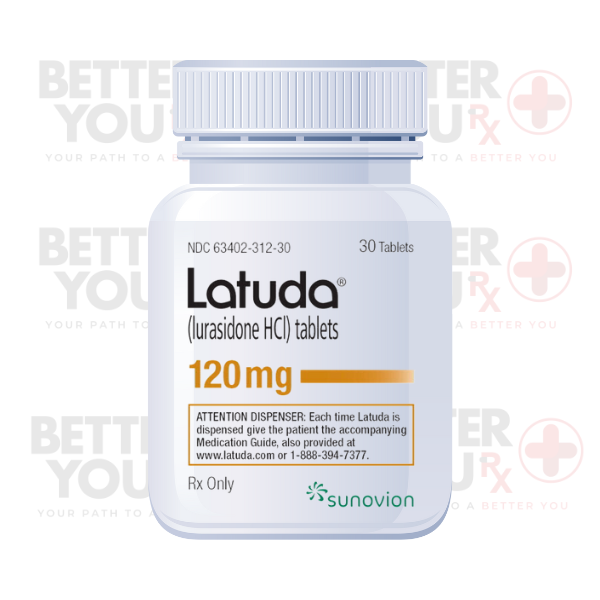
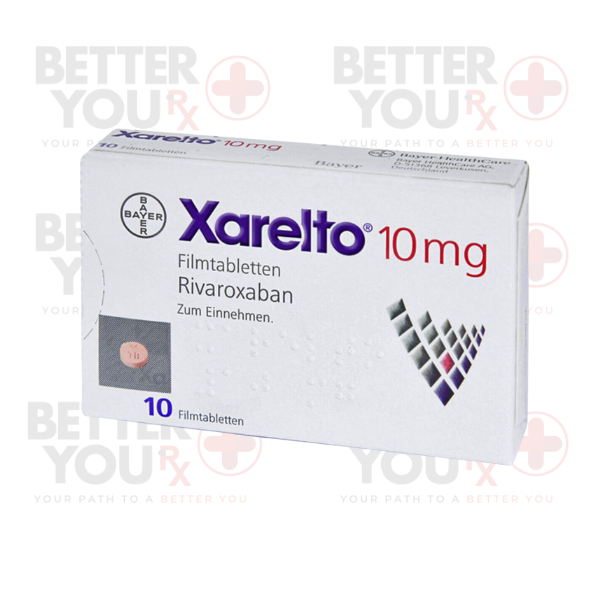
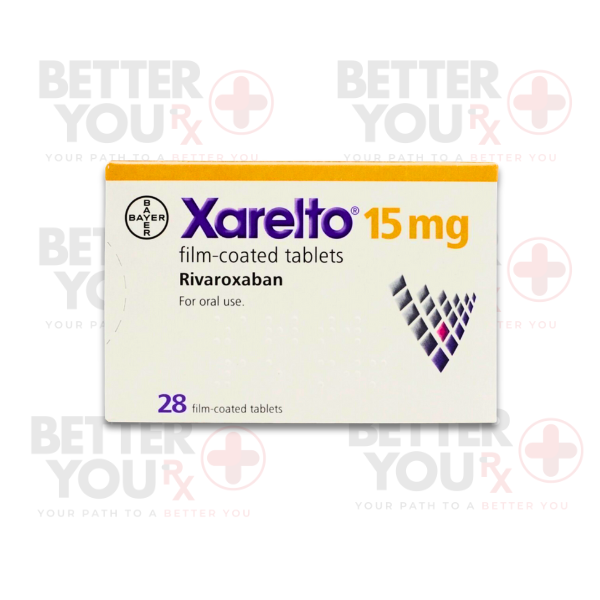
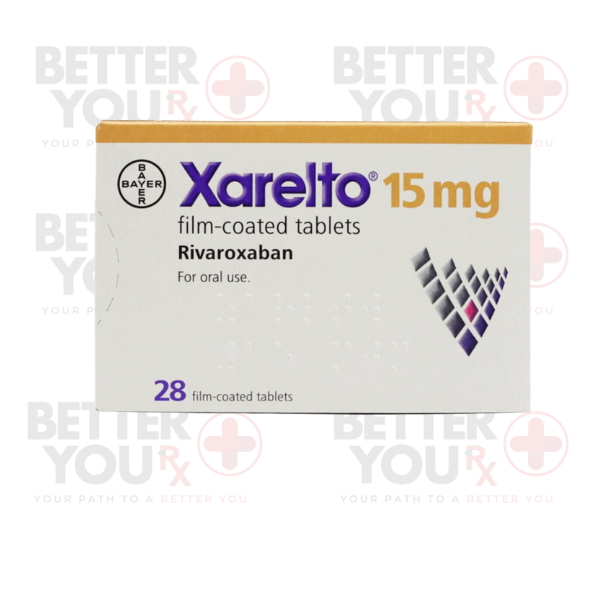
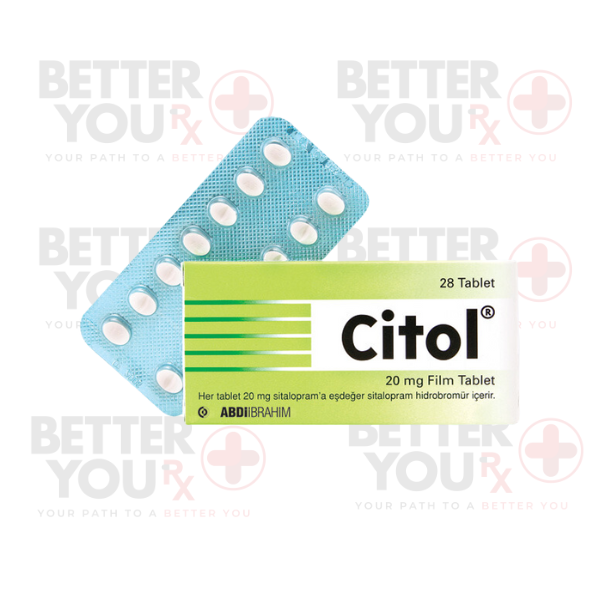


Reviews
There are no reviews yet.